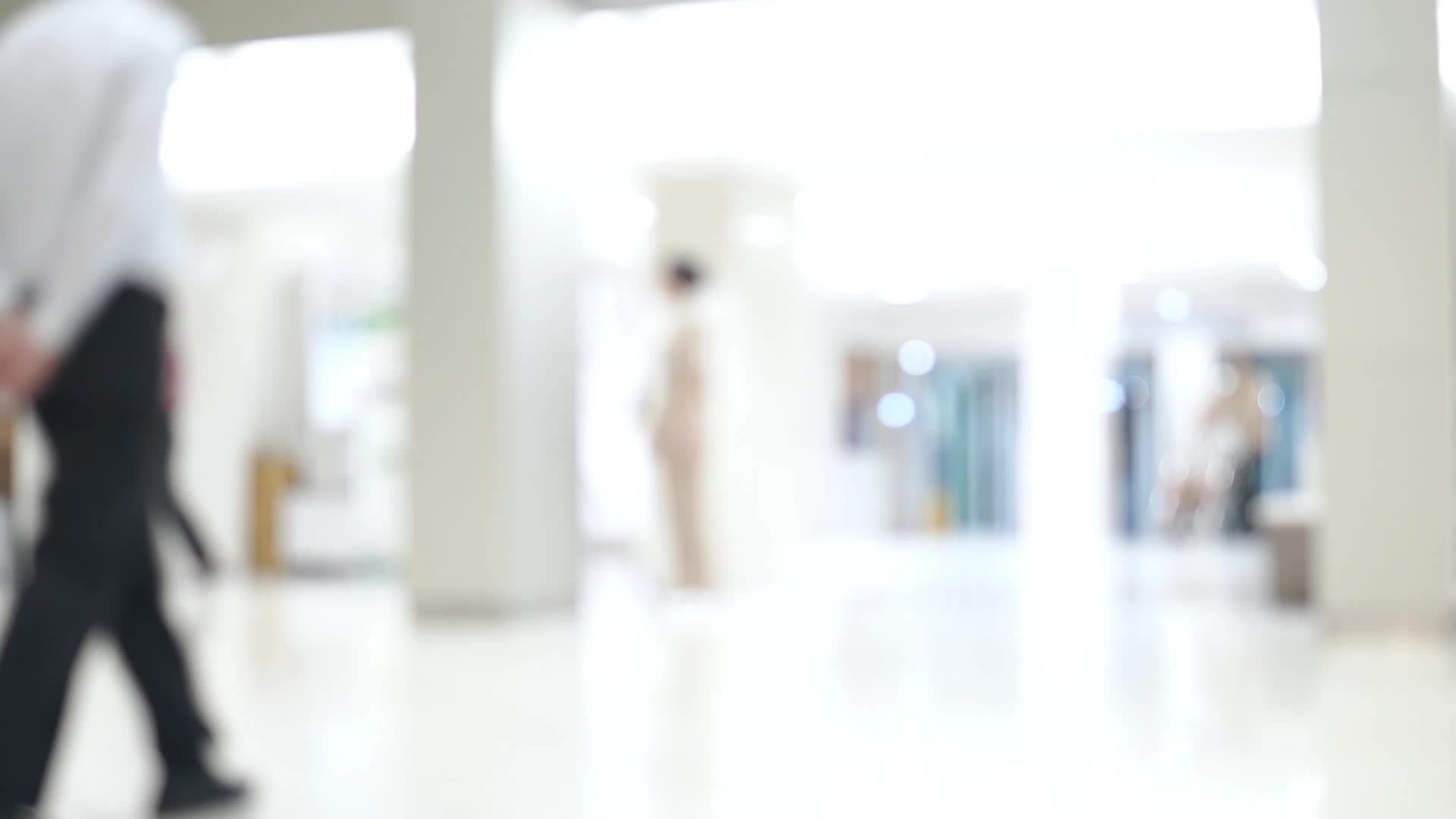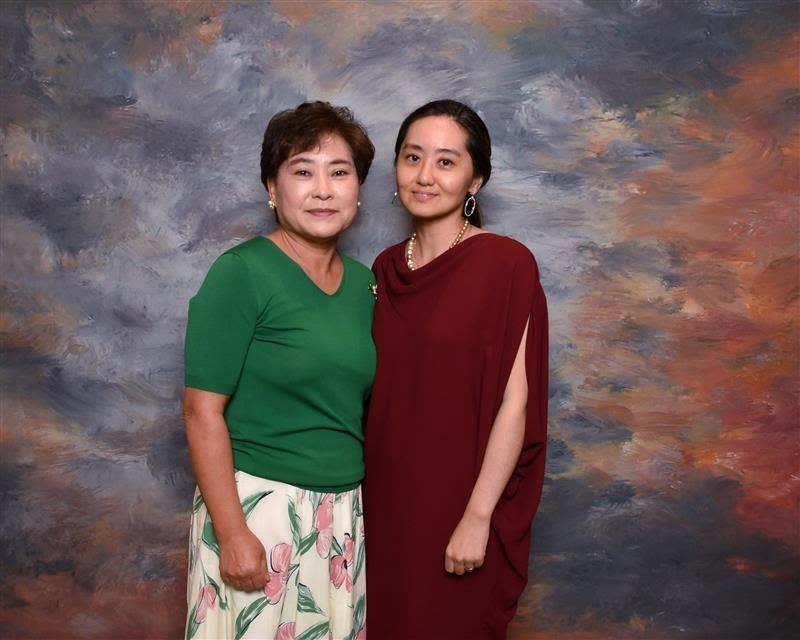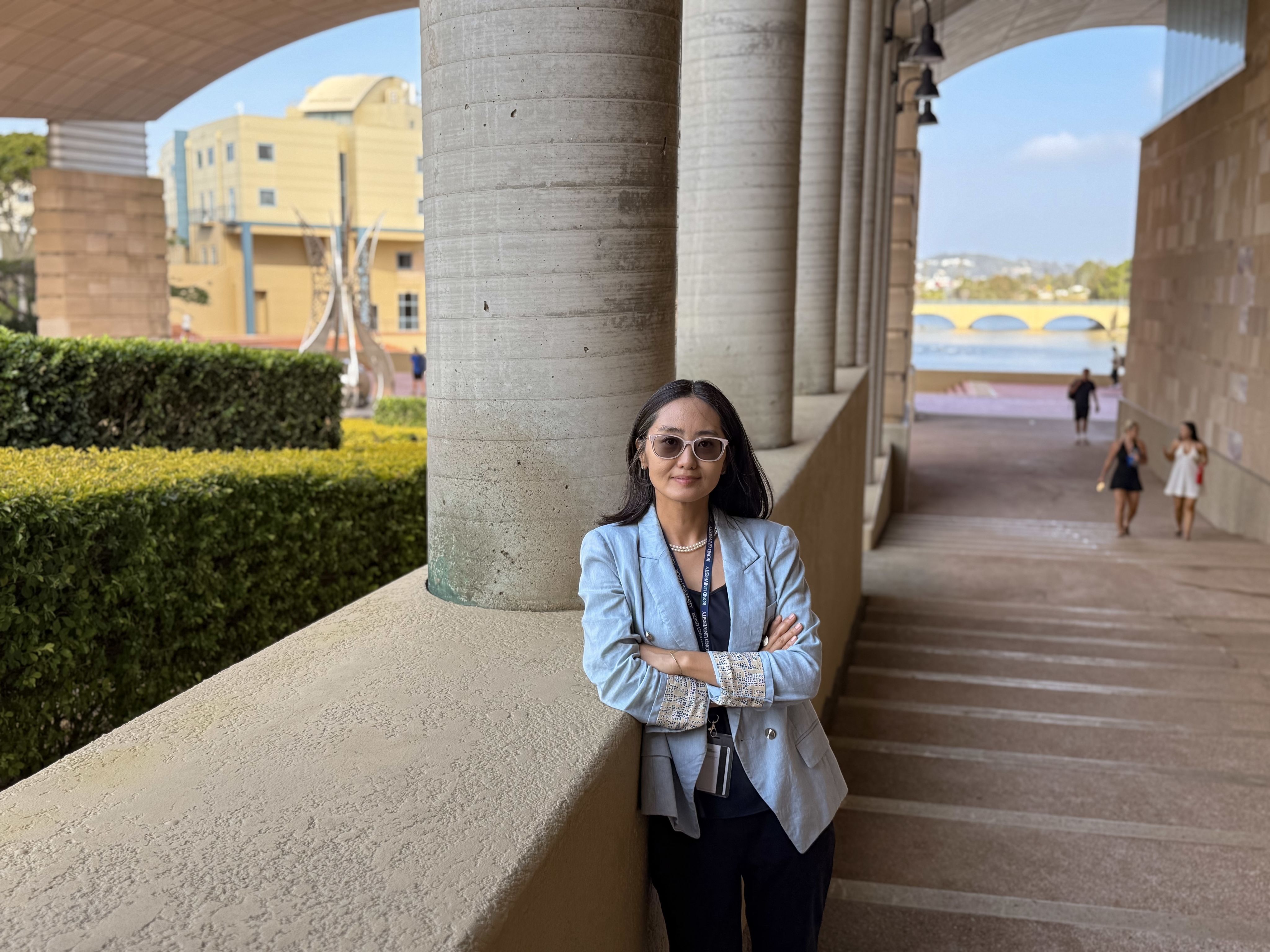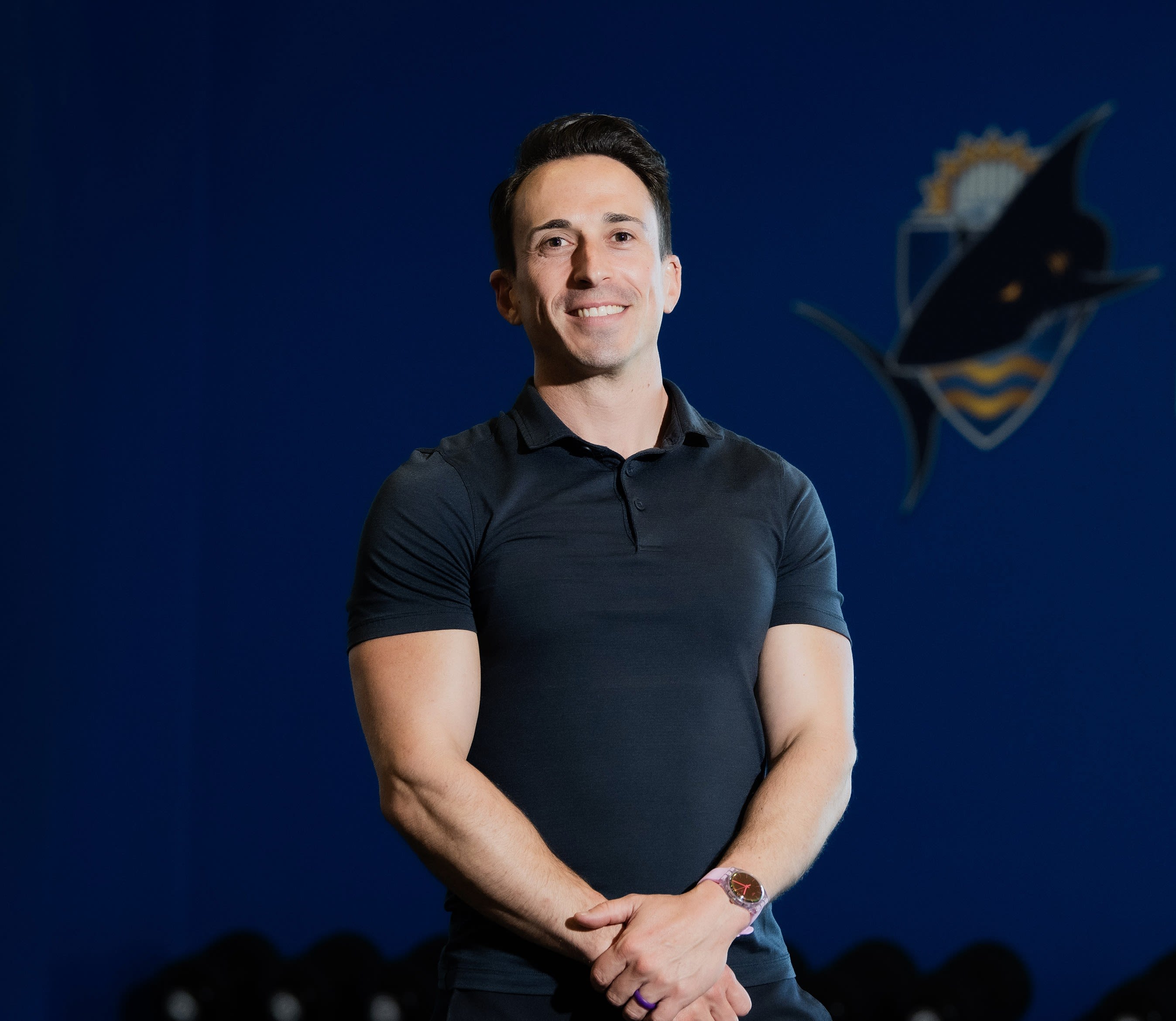
Youn Oh is a Nurse Educator in Biosciences and a Bond University Doctor of Philosophy (PhD) student. She’s on a mission to see a consistent curriculum for nurses across Australia to strengthen their science foundation and improve patient care.
Youn learnt the importance of bioscience knowledge, the understanding of the science behind human health, from years spent working in hospital wards. Recognising the connection between a patient’s condition and the changes happening in their body allowed her to make positive changes in people’s lives, often at their most vulnerable moments.
From identifying a combination of medications that were adversely affecting a patient, to quickly identifying serious deterioration and treating life-threatening conditions like sepsis - Youn repeatedly saw how nurses’ bioscience knowledge impacted patient’s lives.
“If a nurse doesn’t have a solid understanding of bioscience or pharmacodynamics - the effect of medication on a body - then they might not recognise a patient deteriorating, or the potentially detrimental consequences of a treatment,” she says.
“Bioscience knowledge can mean the difference between life and death.”
Despite its importance, there is currently no single national framework for how bioscience is taught to nursing students in Australia.
Flaws in the foundation
Youn first noticed inconsistencies in bioscience education as an early career nurse. She began working in a Post Anaesthesia Recovery Unit before gaining experience in geriatrics and aged care facilities. During handovers, she noticed some nurses practised interventions without a strong understanding of the connection between a patient’s condition and changes happening in their body.
“I didn’t see it as a reflection of their diligence as a nurse, but as a reflection of the level of bioscience knowledge they had been taught,” Youn says.
Youn found a window of opportunity to educate patients, improve their health literacy and empower them on their health journey.
“It’s especially important in an age where misinformation can easily spread online.”

The next generation of nurses
Inspired by the power of education, Youn transitioned to lecturing and tutoring nursing students at Griffith University.
“As a nurse, I contributed directly to a certain number of lives but as an educator, I am training the next generation of nurses who reach countless lives with all their knowledge, and create a ripple effect,” she says.
“It’s a privilege to train the next generation of nurses.”
Her role as an educator reinforced her observation of inconsistencies in education. She taught transfer students who never had a hands-on laboratory session or were learning things for the first time despite completing the same course at another institution.
The importance of bioscience knowledge was brought home to Youn when her mother suffered a heart attack while they were on a bus tour together in New Zealand in 2022. She didn’t experience the typical chest pain often talked about, but Youn identified her shortness of breath, extreme sweating, blue lips, and left shoulder pain as symptoms of a heart attack. Her mum was rushed to hospital where tests confirmed the medical emergency.
“I was able to save my mum’s life,” she says.
“I was never prouder to be a nurse than on that day.”
The experience set her on a mission to ensure bioscience knowledge was a crucial part of every nurse’s education.
Youn shared her desire to create change with colleagues and educators who suggested a Doctor of Philosophy (PhD) degree. One of those educators was Associate Professor Dr Michael Todorovic (Dr Mike), who had begun teaching at Bond University.
“He told me there was an opportunity for me to begin a PhD at Bond,” she says.
“It’s the best decision I’ve made.”
Dr Mike became one of Youn’s PhD supervisors alongside Associate Dean of Student Affairs and Service Quality Dr Jessica Stokes-Parish.

Across the classrooms
Youn began her PhD at Bond University in 2024. The first stage of her PhD thesis - a scoping review which looked at how bioscience knowledge underpins nursing practice - revealed an urgent need for contextually relevant bioscience education.
Earlier, during her honours degree, Youn found little consistency in the bioscience curriculum when looking at course profiles of the 38 institutions teaching nurses in Australia.
“Every program is unique,” she says. “Some universities would have bioscience curriculum taught within their school of nursing, whereas others would outsource it to a medical school or a public health school.
“There’s an issue of whether the content is going to be relevant for nursing students if it's taught outside of a nursing school.”
In 2026, the second stage of her PhD will further examine the curriculum through a survey. Youn aims to review what’s taught to nurses by tertiary education providers across Australia.
In the third stage, she aims to partner with key stakeholders to co-design a national bioscience quality assurance framework for all institutions educating nurses.
One of the biggest hurdles she anticipates is reaching consensus among stakeholders including regulatory bodies, education providers, and academics.
“It’s a big task and will take time, but it’s meaningful and I hope they can understand the significance of developing a framework,” she says.
Meet my mentor
Ambition grows when you’re in the company of people who share drive, challenge thinking, and celebrate wins. Youn’s mentor, Dr Mike, is a medical educator and researcher whose science communication videos have garnered more than 1 million subscribers to his YouTube channel.
What does it mean to supervise someone’s PhD?
It’s both a privilege and a huge responsibility. A PhD is essentially an apprenticeship in research - it’s where someone learns not just how to conduct studies, but how to think critically, work ethically, and collaborate effectively in a team. These few years play a major role in shaping who they become as a researcher, so it’s an honour to help guide that journey.
Why did you want to work with Youn on her PhD?
Youn is an experienced nurse and university educator with deep insight into how bioscience is taught to nursing students. She recognised a clear gap between what’s taught at university and what’s used in clinical practice. Youn also understood a nurse’s ability to apply bioscience knowledge directly affects patient safety and outcomes. Her passion for ensuring nurses are trained consistently and to the highest standard really resonated with me - hers is a project with real-world impact.
How have Youn’s idea’s grown since you began discussing the topic with her?
One of the great things about a PhD is it’s a safe space to test ideas. To find out what works, what doesn’t, and what’s actually feasible. Youn’s project has evolved in exciting ways as she’s explored the literature, gathered data, and refined her focus. That process of refining and adjusting is at the heart of good research - and she’s embraced it brilliantly.
What do you enjoy about being a PhD supervisor?
Ideas! I love the energy of bouncing around ideas, testing them, and seeing where they lead. Supervision is about creating a space where curiosity thrives - where we can explore questions no one has asked before. It’s incredibly rewarding to watch a student develop confidence, insight, and independence as a researcher. My ultimate goal is that, by the end of the PhD, Youn won’t need my guidance anymore - she’ll be the expert in her field.
More consistency means informed care
Youn’s goal is to strengthen regulatory standards as well as the science foundation and application in nursing.
“Increasing consistency in bioscience education for nurses would lead to more consistent care and improved health literacy in the community,” she says.
“Adequate bioscience knowledge can improve nurses’ clinical decision making capabilities, minimise risks and improve patient safety.”

Published on Wednesday, 19 November, 2025.

More consistency means informed care
Youn’s goal is to strengthen regulatory standards as well as the science foundation and application in nursing.
“Increasing consistency in bioscience education for nurses would lead to more consistent care and improved health literacy in the community,” she says.
“Adequate bioscience knowledge can improve nurses’ clinical decision making capabilities, minimise risks and improve patient safety.”
Published on Wednesday, 19 November, 2025.

Original thinking direct to your inbox

Stories from Bond


